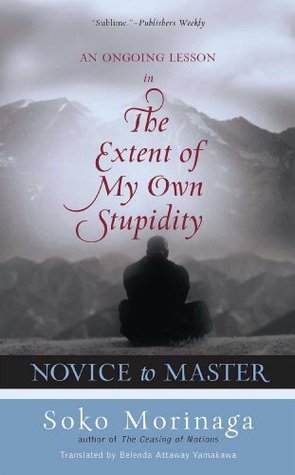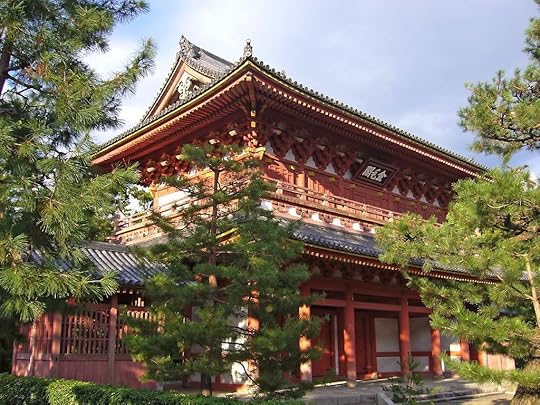What do you think?
Rate this book


160 pages, Paperback
First published May 25, 2002


That being the case, just what is it that I have accomplished up to now? I was not inspired to work my way into and out of Tokyo University as did Zuigan Roshi. Neither have I become a chief abbot. What I have done is only this: When it has been my turn to work in the kitchen, I have given everything I’ve got to working in the kitchen.